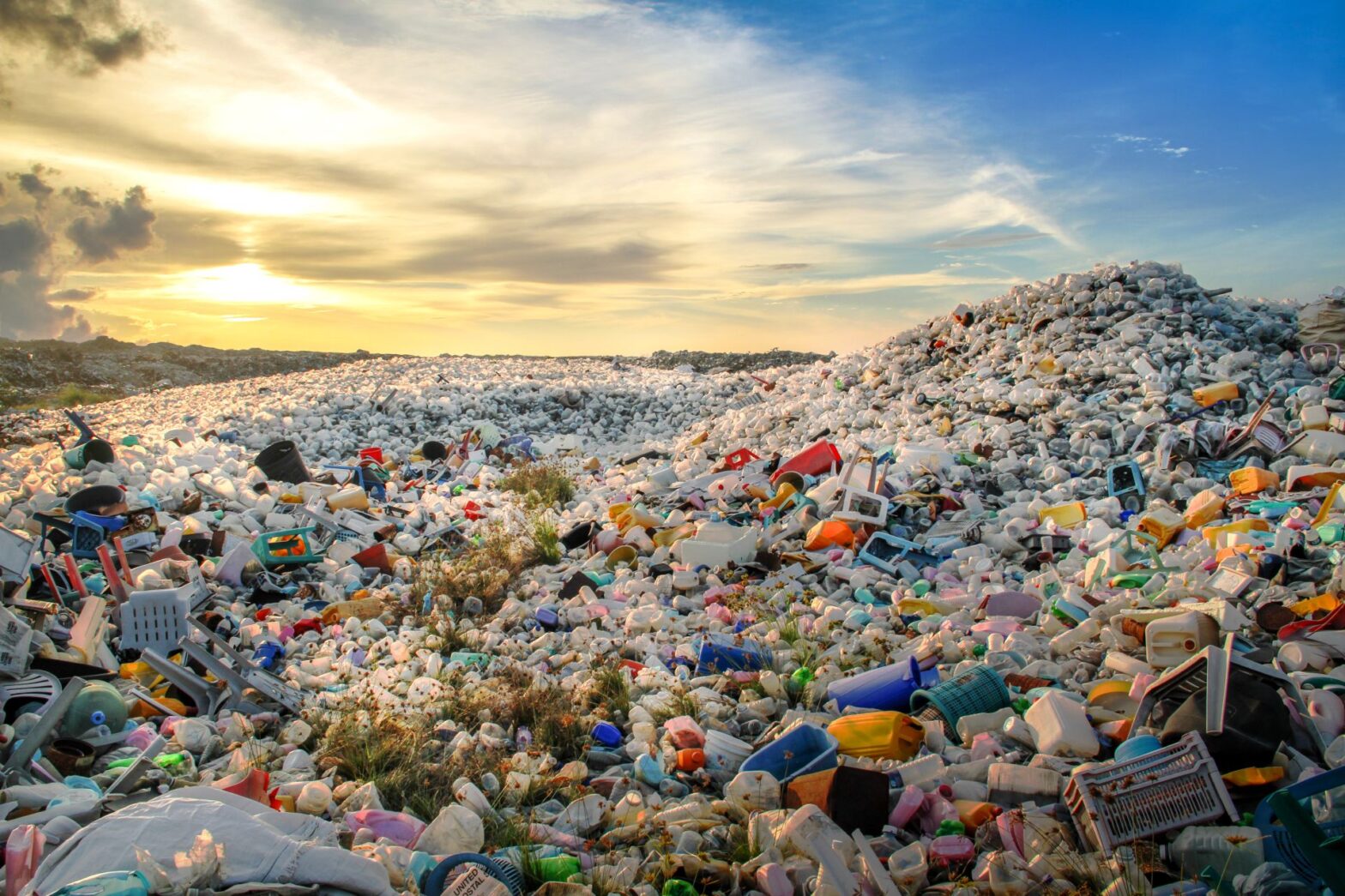First Global Plastics Treaty Intergovernmental Meeting Concludes With a Mix of High and Low Points
Punta del Este, Uruguay – The first intergovernmental committee meeting (INC-1) for an internationally legally binding instrument on plastic pollution convened by the United Nations Environment Programme (UNEP) concluded with a mix of high and low moments, setting the stage for a two-year-long process that could result in one of the most significant multilateral environmental agreements in history.
Positive outcomes included demands calling for reductions in plastic production and use, eliminating toxic substances associated with the plastic life cycle, protecting human health, and need for a just transition, backed by many member States and even two of the worst plastic polluters, Nestle and Unilever. The participation from member States from Latin American, the Caribbean, African, and Pacific nations–especially small island developing states–was particularly notable, bringing a strong voice for urgency and high ambition in these treaty negotiations.
Additionally, a diverse coalition of civil society members and rights-holders provided vital expertise and typically underrepresented perspectives across the full plastics lifecycle. In particular, the leadership of waste pickers resulted in the launch of the Just Transition Initiative (building upon its earlier iteration as the Group of Friends of Wastepickers), which will ensure their representation at future INCsand bring visibility to more than 20 million people who work as waste pickers worldwide.
Unfortunately, one of the most contentious topics, the adoption of the Rules of Procedure, a document that will determine how States and organizations can engage in future negotiations, has yet to be finalized and was moved to INC-2 in May, 2023. The outstanding issues include whether EU Member States will each have a vote or whether they will be treated as a single bloc during voting, and whether decisions should only be arrived at via consensus. To many observers, the latter seems to be a ploy to weaken strong measures that could be adopted to reduce plastic production.
Additionally, precious negotiation time was spent discussing the Multi-Stakeholder Forum, a roundtable discussion organized a day before the start of the negotiations to deliver a report to the INC, despite the fact that it is not included in the mandate to develop the treaty and the entire enterprise appears to be an effort to divert and prevent the voices of civil society and rightsholders from direct and more meaningful forms of participation in the treaty development process. As a result, BFFP members demanded that the INC design a negotiation process that facilitates meaningful access for rightsholders and recognizes the critical role of civil society groups such as Indigenous Peoples, scientists, workers from formal and informal sectors, trade unions, and climate-vulnerable and frontline communities in bringing valuable experiences to all aspects of the process and the future instrument.
During the first few days of negotiation, advocates expressed concerns about the presence of leading corporate polluters in the negotiation process and the lack of transparency from UNEP on how many of them are hiding behind NGO badges. Stakeholders who participated in the World Health Organization Framework Convention on Tobacco Control advocated strongly for the exclusion of the plastics industry in negotiations, building from their success in excluding perpetrators from tobacco negotiations, which resulted in a stronger and more effective framework.
In terms of future INC venues, country delegates agreed to host the next INC-2 exclusively in-person in Paris, the week of May 22nd, 2023 as long as visas can be issued to all negotiators of Member State delegations at least two weeks in advance of the meetings. Otherwise, the meeting will be moved to Nairobi.
After the conclusion of INC-1, the #BreakFreeFromPlastic movement launched a global petition which includes essential elements for the treaty to effectively reverse the plastic pollution crisis.
“After a week of negotiations at INC-1, we saw a good spirit of negotiations yet a varying degree of ambition. It has been clear that certain countries who have a strong fossil fuel sector have a vested interest to maintain the status quo. We are starting to see the fault lines serving as barriers to meaningful change. It will need to collaborative effort of every stakeholder involved in this process to seize this opportunity, keep up the pressure on decision-makers to and craft an ambitious and effective treaty that will be fit for purpose”. Fabienne McLellan, Plastic Programme Lead, OC.
